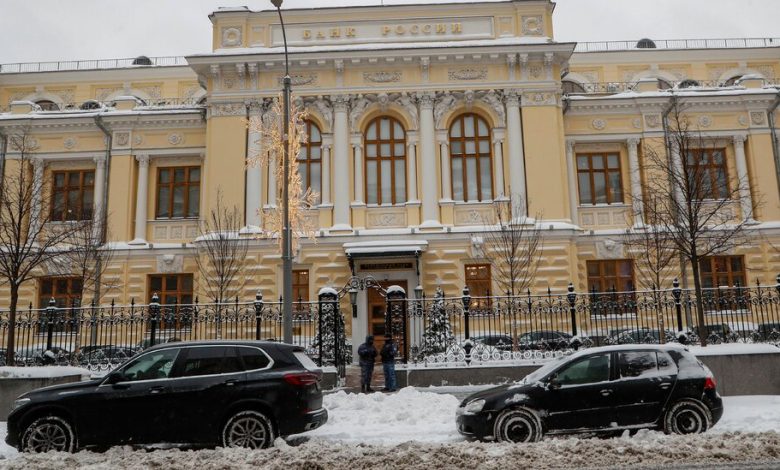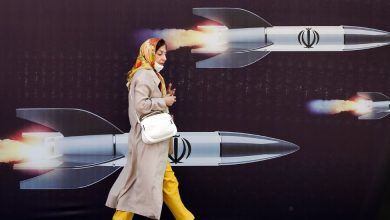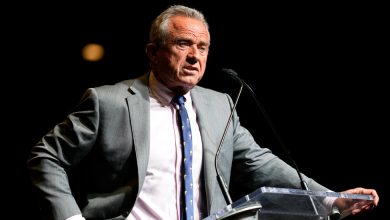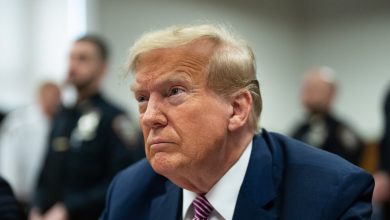Russia’s Central Bank Raises Rates Again, to 16 Percent, to Curb Inflation

Russia’s central bank on Friday increased its key interest rate by 1 percentage point, to 16 percent, as it continued to battle what it called “high inflationary pressures.”
The rate increase was the fifth in a row since the central bank began its current cycle of monetary tightening in July, when the rate was 7.5.
In a statement, the central bank said that it expected the annual rate of inflation to be close to 7.5 percent this year, and predicted that “tight monetary conditions will be maintained in the economy for a long period.” Policymakers target an inflation rate of 4 percent.
At the news conference following the announcement, Elvira Nabiullina, the head of the Bank of Russia, said that the interest rate increase was necessary to prevent the economy from overheating.
“Imagine the economy is a car, if you try driving it faster than it was constructed to,” she said, “then the engine would get overheated and we would not drive far.”

The headquarters of Russia’s central bank in Moscow.Credit…Maxim Shipenkov/EPA, via Shutterstock
Ever since President Vladimir V. Putin ordered the Russian army to invade Ukraine in February 2022, the country’s economic policymakers have tried to navigate around broad sanctions aimed at cutting financial ties to the West, while also deal with the Kremlin’s increasing appetite to spend more on the military.
Russia has managed to avoid the outright collapse of the banking system, and has increased trade with China, India and other countries.
But it has become clear that the Russian economy is facing another challenge: Financing the war while keeping inflation at bay.
The price of eggs, for example, has soared more than 40 percent since last year, according to the country’s statistics service, prompting shoppers to hoard eggs, emptying store shelves. Mr. Putin was asked about the problem on Thursday, at his annual news conference; he apologized for his government’s failure to address the issue.
The central bank never mentioned the war in Ukraine in its release, but the impact was evident between the lines. Domestic demand for good and services was “more potently exceeding the capabilities to expand the production of goods and services,” the bank said, reflecting the increased spending on armaments production.
It also cited Russia’s tight labor market as a “key supply-side constraint” on the economy. Russia has faced a shortage of workers as hundreds of thousands of men have joined the fighting in Ukraine, either as part of forced mobilization or as regular recruits. An exodus of hundreds of thousands of Russians after the invasion of Ukraine also contributed to labor shortage.
During the news conference, Ms. Nabiullina said the central bank itself has been affected by a shortage of technology specialists.
Russia is expected to face similar economic challenges next year. On Thursday,Mr. Putin stated his resolve to continue fighting the war with Ukraine. In order to finance it, Russia’s defense budget for next year is expected to reach almost a third of the government’s spending.



